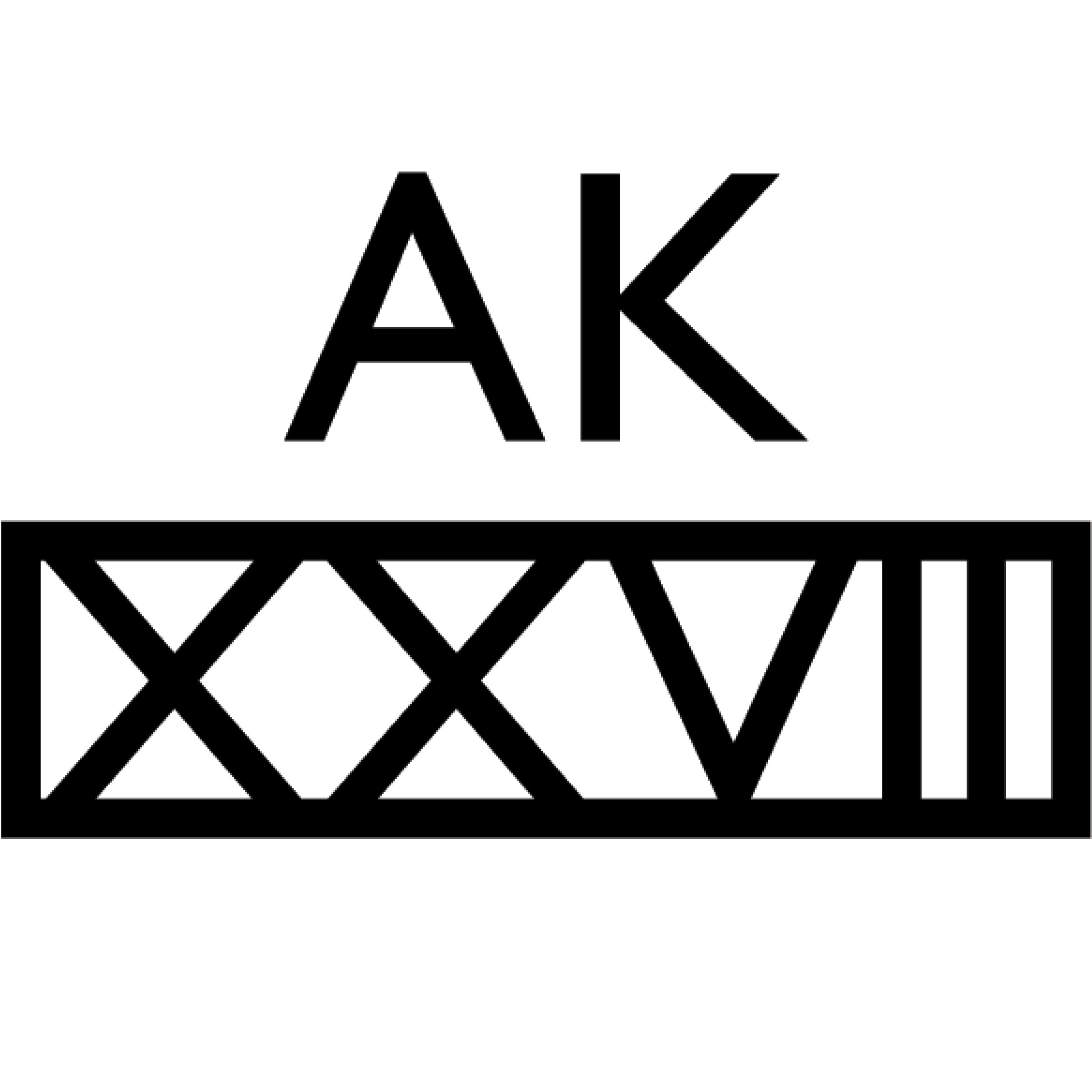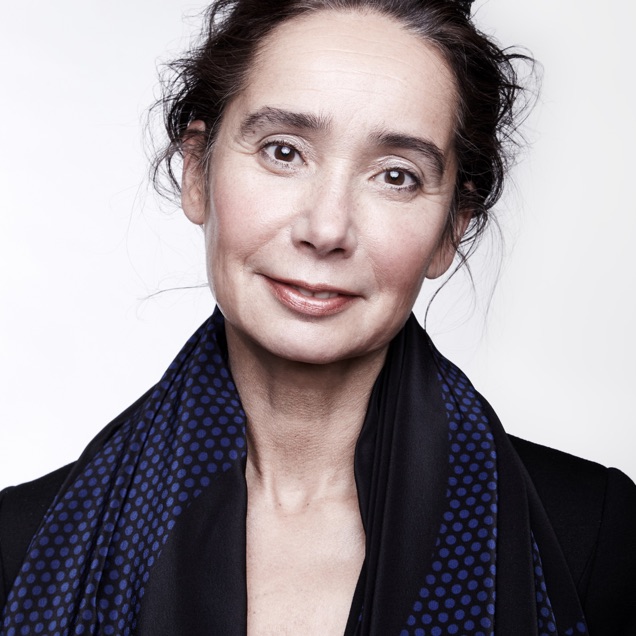Uncategorized
Rüna Honig
How do you feel about life?
My motto is “Dance to your own beat”. This has to do with the quest for authenticity, which runs through my life as a leitmotif, wanting to walk your own path. I think that the basis for this was laid in my youth. I was a reasonably dark child. My father is half-Antillean and half Dutch. When I grew up in the 1960s, the Netherlands was not yet so multicultural and you mainly saw Chinese people. I can still remember clearly that I had to pray in the third grade. I was not used to that, so I held my eyes open, after which the teacher said to me, “You certainly don’t pray in China?” This is one of those things that you never forget and which mark you for life. I became rebellious in a certain way as a result and already when I was quite young asked myself, “Do I really belong?” and “Do I really want to belong?”
You come from a successful family….
Yes, from the well-known soup and macaroni brand, Honig, which has been in existence since 1867. At home I had always been taught that I should be proud of my family, which constituted part of the Dutch “patriciate” and that being part of that family meant that I also had to play an exemplary role in society. So, on the one hand, I was officially a person of foreign origin because of where my father came from – as a result of which I constantly felt that I was different and was viewed differently – and, on the other hand, I came from a leading Dutch family. I think that this led me to want to find my own way. It also made me averse to boxes.
Were you always like that or did you only come to be like that later?
Quite early already. If while a child at school you feel that you do not belong, you start to think about that. I started to resist certain things. For example, I wore a school scarf at secondary school, which was part of the dress code for so-called “toffs” at the time but, in order to resist, I was suddenly simply able to walk around with an Arafat scarf one week, an accessory for left-wing youth at the time. While a student I became a member of the corps but squatters also visited us. I have always felt it important to keep an open mind and to remain independent.
This has also led to me making several crucial decisions in my life. As a partner of a medium-sized law firm, I decided at my peak to abandon it. No one understood that. Yet being successful in the eyes of the outside world is not the same as being happy. I felt as though I was a talented actor in the wrong play. I can still remember it well. On a Monday morning I looked out at the parking lot in the rain and then I suddenly recalled the slogan which I had heard many years before: “Dance to your own beat”. I had wandered from that path.
What did you do then?
I first took a sabbatical for a year. I travelled a great deal and when I came into contact with the Maya Indian culture while I was on a trek through the jungle in Guatemala, I suddenly felt exceptionally fortunate. My Antillean grandmother, Rüna, after whom I was named, had Indian roots and in Guatemala I came to feel very closely connected to myself. It was windy and raining and we were walking on a slippery mountain. It was dangerous and I suddenly realised that my knowledge of legal practice was of absolutely no value to me. An Indian guide then took me by the hand and helped me descend alongside a slippery cliff. I can still clearly remember the loving glance of this Maya Indian wearing the traditional attire of Todos Santos as he continued to look at me, because I think that he felt that I was afraid. Such selflessness had a huge impact on me at the time and, funnily enough, elicited a moment of good fortune, however dangerous it was. Quite soon after this it became clear to me what I wanted to do with the rest of my life. In this way I came up with the idea of helping people with the same background as myself – lawyers and other legal practitioners – to improve and to feel better within their profession. This is my definition of success: doing what you enjoy and helping others, because this makes me exceptionally happy. It costs me a great deal of energy, because I still work very hard but I am finding it much easier to do.
How long have you been doing this now?
It has been almost 10 years now. In addition to individual coaching, I provide skills training to lawyers but now I no longer do that on my own but together with a team.
It is going very well, surely?
Exceptionally well. I have to put those people who would like me to coach them on a waiting list and my course schedule is full for the next year. Yet apart from that, a major turnaround has occurred in my life as a result of the illness of my best friend, Marjolein. She is suffering from Pick’s disease, a type of dementia. She was in her forties when she suddenly began to exhibit aberrant behaviour. I then joined that family at quite an early stage. At the time she had three young children and a husband, and that family underwent upheaval, certainly when she was removed from her home following the diagnosis.
That must have been a major turnaround….
I myself have been very focused on my work, also because I did not want any children. I have had various relationships but it is nevertheless a different type of life: work, a significant other, a family and social contacts. Then suddenly you are confronted with a family and all that happens within it. That has certainly made me wiser and smarter as a person.
What happened then?
Marjolein and I grew up together from the time we were eleven. She has always played a major role in my life. When she fell ill, I felt a great deal of loyalty towards her. I really wanted to be there for her and her children. I had a partner who wanted to go abroad but I opted to remain here because of that situation. And if I am very honest, it was not really a great dilemma. I am very glad that I made that choice. It has also given me much. I have learned how precious it can be if you are there for someone in difficult times, even if it is not always pleasant and even quite difficult to be so closely involved in such a full-on health care process. To me the real value of life may be found in this sort of thing: being able to help someone, being there for someone when it really matters. And I notice how pleasant it is that children – two have since become adults already – have entered my life in this way. Suddenly, I also stand next to a hockey field now, cheering and talking about girlfriends. You can help others in your capacity as a lawyer or a coach but this is a situation in which others depend on you, need you. Naturally, you need to be able to drop other things for this, such as certain people disappearing from your life. This is then part of that. There was also a time during which I had to tiptoe. I needed to find a balance. It is not always easy, because I continue to do it my way. I feel very clearly that I am following my own path in this respect. And by doing so I have learned to know myself better. I am happy with the choices that I have made. I feel as strong as an ox and I am a happy person.



